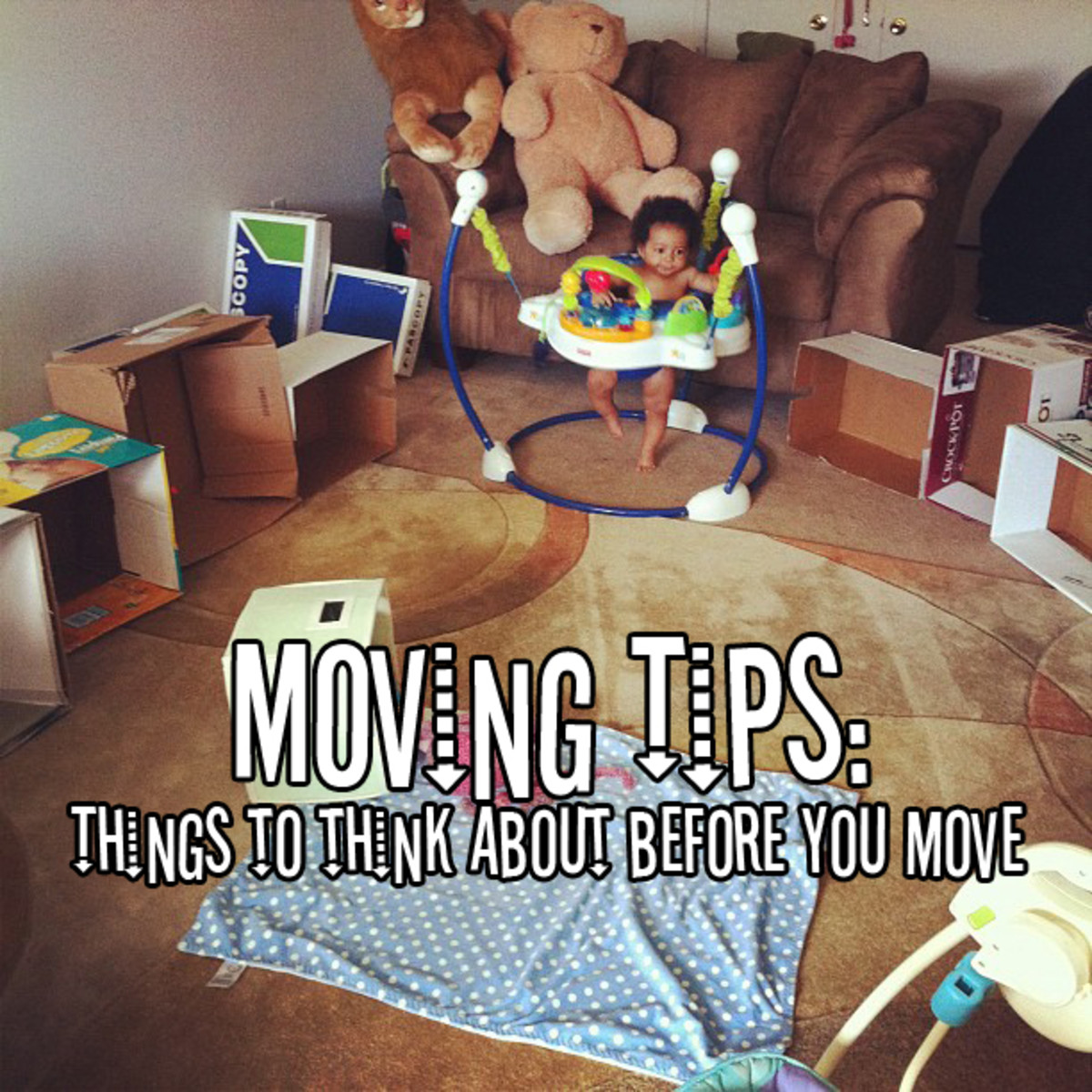How to Stay in Control During the Tenant Eviction Process

Recommended Reading

Treat the Eviction as a Business Matter
How many times do you want to interact with your tenant? Probably just once a month when you collect the rent. Most tenants want to be left alone as well. Yet there will be times when the situation calls for talks on the telephone, meetings or visits to solve a problem. It could be about the rent, noise, a lease renewal, damage to the apartment or any number of situations.
At some point during the tenancy the tenant/landlord relationship sometimes goes sour. If the problem is severe you may have to ask your tenant to move out. Eviction is what happens when the tenant refuses to leave. The eviction process is too expensive to be used to get rid of someone you do not like. If the behavior of the tenant is damaging or detrimental to your other tenants or the real estate investment, eviction action must be taken.
The eviction process is a traumatic experience for both parties. By the time you've made the decision to evict a tenant, you’ve tried your best to avoid it. You stand to lose a lot of money. The tenant could lose his or her home. Anger and stress will exist throughout the process for both parties. It is up to the owner or manager to stay in control during the eviction. A cool head and a calm attitude can help a landlord avoid saying or doing things that might be recalled and harm the case in court.
An eviction is a rite of passage that every homeowner may experience at least once in the lifetime of the property. It should be an objective and unemotional decision. For example, in these tough economic times, you may not want to evict the tenant because he is always late with the rent. The eviction, lost rent, repairs and painting, screening for a new tenant would be required homeowner expenses. The cost to replace him would be in the thousands.
There are ways to keep irritability about the process at a low level, and stay in control as the owner during an eviction case.
1. No matter how nice the person or family, do not expect your tenant to cooperate with you. Be civil. Do not have any extended conversation about the eviction. Let him or her say what has to be said. Then politely ask to put it in writing for your consideration. You don’t want to say anything the tenant can or will repeat in court.
2. Never lose your temper with a tenant. Your best friend and tenant is trying to drive you crazy with a series of ridiculous requests. For example, she wants you to replace a three dollar kitchen sink cap. If you are having a bad day, you can say or do something nasty that you regret later. Your friend will decide to repeat the nasty comment you said in a rage. Stay in control, and maintain a professional attitude when dealing with a tenant, your friend or relative living in your apartment.
3. Keep your perspective. An eviction is a business matter. Like most legal actions, the eviction could take weeks or months to finish. If you spend all your time angry at how long the process is taking, you could do something that could spoil the case. If you lose the case over a small detail, like failing to reserve your rights on the back of every check or money order you receive during the eviction, you will have to start all over again.
4. Keep your personal life separate from that of the tenant. Your primary business is the welfare and management of your property. If you befriend the tenant, it will make the eviction more difficult for you. It can be even harder to do if you rented your apartment to a personal friend or relative. When you rent to a friend or family you establish two relationships - one personal and one business. At the end of the eviction, you could lose your friend or family member as well as a tenant.
5. Make sure the eviction is based on professional rather than personal reasons. An eviction because you fell out with your cousin at a family picnic will fail. In another instance, you are outraged that the tenant can not seem to pay the rent on time every month, but apparently he has the money to buy a new car. You decide that you should raise the rent on him. You do this every time the tenant buys something new. An eviction, or a move-out, may be in your future.
6. Do not violate the tenant’s rights. Keep taking care of his or her apartment during an eviction. You don’t want the tenant to tell the judge that you haven’t made any repairs since you started the legal action. One has nothing to do with the other, even if the case is about excessive damages to the apartment. Don’t cause your investment to be de-valued. Have the tenant sign off on any and every repair done in the apartment. If work is done by an outside contractor, have the tenant sign the invoice.
7. If the case gets too complicated, hire a housing attorney. Then refer the tenant to him or her for the remainder of the action. Turn over all pertinent documents, paperwork and letters, and let your lawyer finish the job. Take the advice your attorney gives to you.
An eviction is a part of the business of owning occupied real estate. It is a series of decisions based on facts, observations, and written or video documentation. Staying in control means you will comply with the application of city, state and federal laws and ordinances. You may have to prove your compliance in court.
As the owner or manager, you are expected to control the legal process on your end. Decisions made from the truth based on facts and adherence to the law will help win your case.
Other Articles by Carolyn Gibson (Carolyn2008)
- Anger: The Need to Control the Fire Within
Anger is a powerful emotion. If unleashed, it has the potential to devastate lives. It takes strength to keep it under control. That doesn’t always happen. If we are to be a civilized society, we must learn how to harness our anger within ourselves a - Financial Policies for Landlords
The landlord business is not just collecting the rent and putting it in the bank to pay bills. Where you put your rent and how it is used must be managed like a business. You need policies regarding banking, IRS reporting, and when and how to engage - How to Remove and Store Your Evicted Tenant's Belongings
Your responsibilities to your tenant do not end with serving them with the eviction notice. You may have to remove their belongings if they don't leave on their own. There are laws that govern what to do with your tenant's belongings, where to put th









